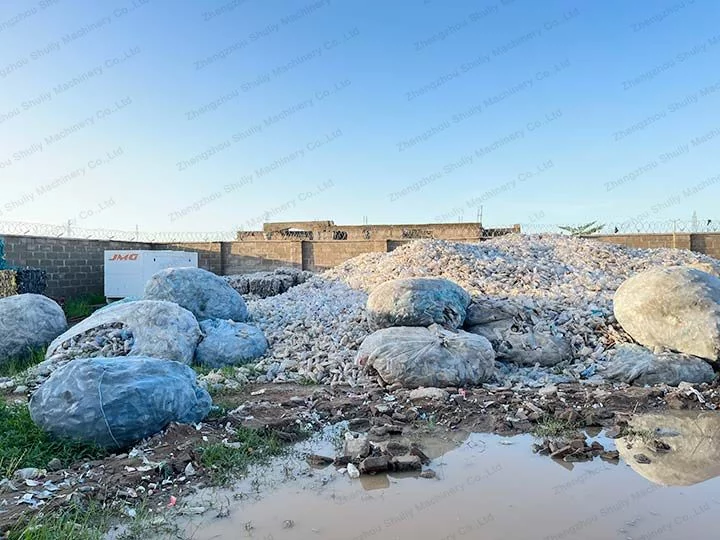
How Many Times Can a Pet Bottle Be Recycled?
PET bottles, known for their versatility and widespread use in packaging, are a significant contributor to global waste. Polyethylene terephthalate, abbreviated as PET, is a lightweight, durable plastic commonly used to package beverages, personal care products, and more.
However, a pressing concern remains: how many times can a PET bottle be recycled before its quality degrades significantly?
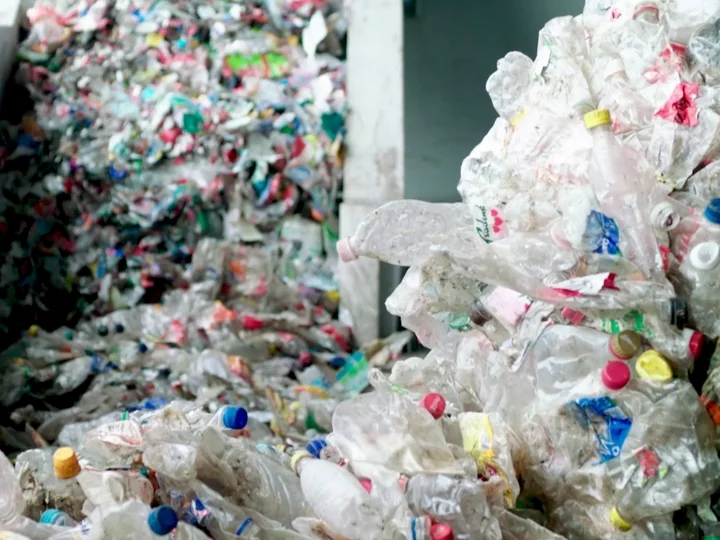
The Recycling Process of PET Bottles
The journey of a plastic bottle through recycling is a fascinating and multi-step process. Once collected, these bottles are sorted, cleaned, and then crushed into small plastic flakes by plastic bottle recycling equipment. These flakes undergo a meticulous purification process to remove impurities like labels, adhesives, and other plastics. The purified flakes are then melted and molded into new products, often recycled plastic bottles or other items.
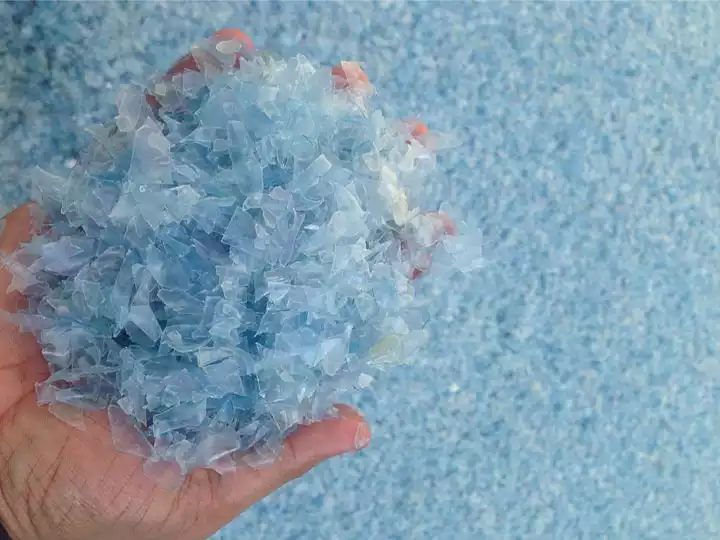
How Many Times Can PET Bottles Be Recycled?
PET plastic is inherently recyclable and can undergo multiple recycling cycles. Generally, a PET bottle can be recycled multiple times, typically between 5 to 7 cycles, without significant loss in quality. However, with each recycling iteration, the plastic’s quality might slightly diminish due to molecular chain breakage and the introduction of impurities that are challenging to remove entirely.
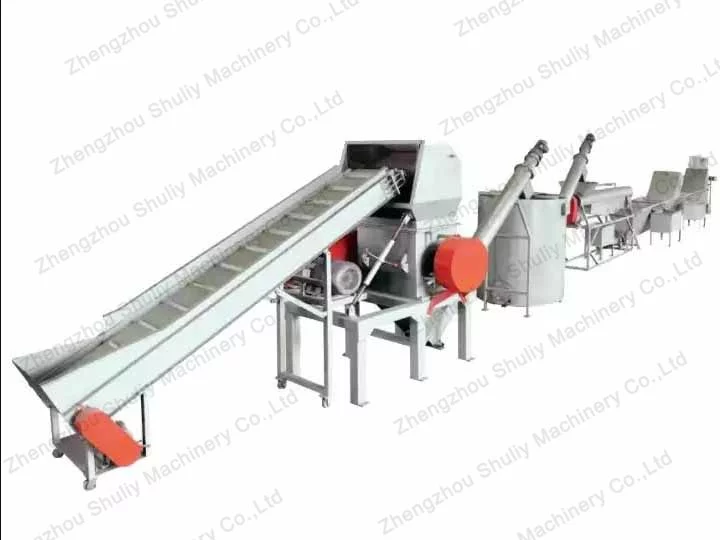
Factors Affecting Recyclability
Several factors influence the number of times a PET bottle can be recycled effectively:
Quality of the Original PET Material
The initial quality of the PET plastic used to manufacture the bottle plays a crucial role in its recyclability. Higher-quality PET material tends to endure more recycling cycles without substantial degradation.
Recycling Techniques and Technology
Advancements in recycling technologies contribute significantly to enhancing the recyclability of PET bottles. Innovative processes can mitigate degradation, allowing for more recycling cycles.
Contamination and Impurities
Contamination from other materials, such as different plastics or non-recyclable substances, can hinder the recycling process and reduce the number of effective cycles a PET bottle can undergo.
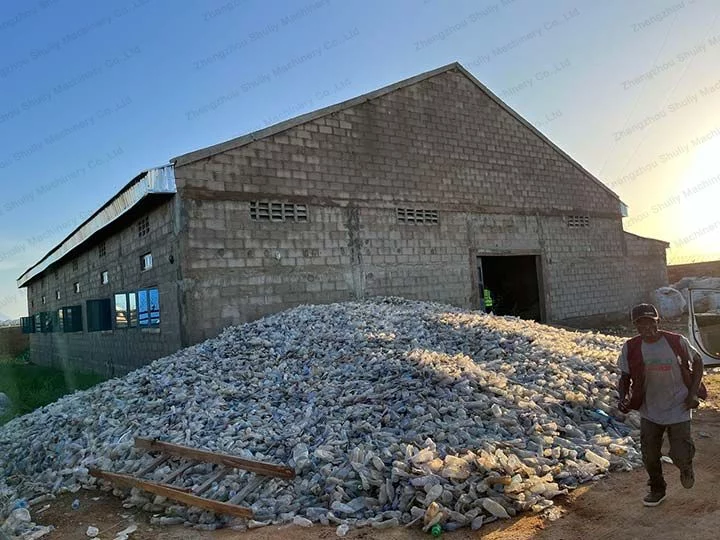
Sustainable Solutions and Future Prospects
Efforts are continually underway to improve the sustainability of plastic bottles. Innovations in material science aim to enhance the quality and durability of recycled PET, allowing for increased recyclability without compromising its properties. Additionally, initiatives promoting proper recycling practices and efficient sorting systems can reduce contamination, thereby extending the lifespan of plastic bottles in the recycling loop.
The Importance of Recycling PET Bottles
Recycling plastic bottles holds significant environmental benefits. It conserves energy, reduces landfill waste, and lessens the demand for virgin plastic production. Encouraging a circular economy where plastic bottles are recycled efficiently helps mitigate environmental pollution and conserves valuable resources.
Therefore, plastic bottles possess the potential for multiple recycling cycles, typically ranging from 5 to 7 times, contingent upon various factors such as initial material quality, recycling processes, and the presence of impurities. Emphasizing sustainable practices, technological advancements, and responsible recycling habits remains crucial in maximizing the recyclability of PET bottles and reducing their environmental impact.
